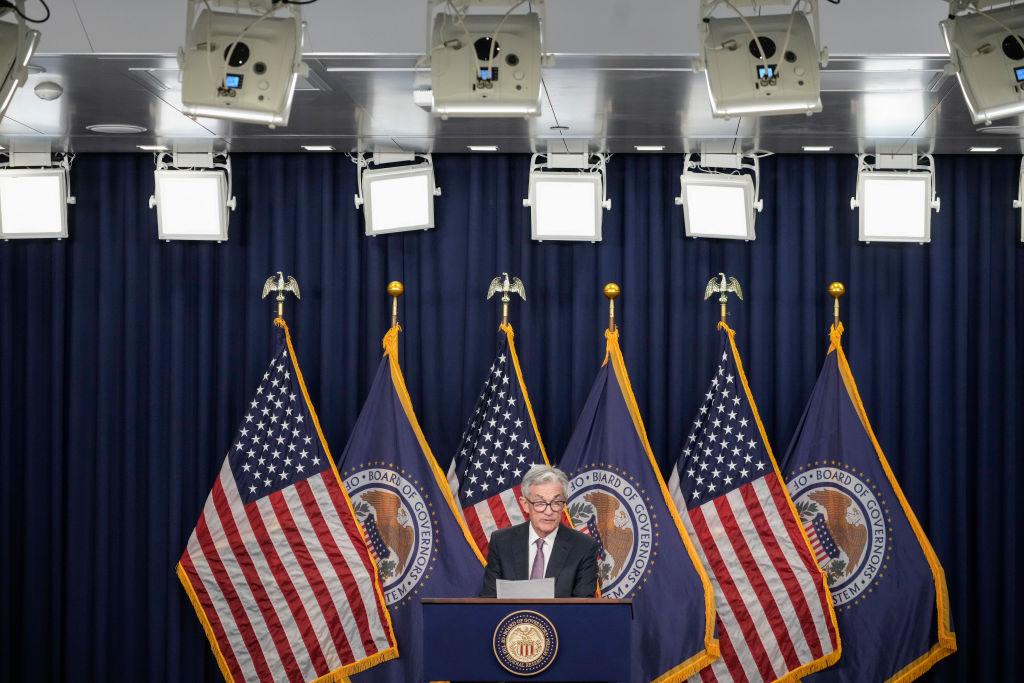The Federal Reserve has called on prominent American banks to conduct a pilot climate assessment for analyzing how their businesses would be impacted by “climate change,” including a transition to a low-carbon economy, despite worries that the measure will end up limiting investments in traditional energy firms.
During the course of the climate scenario analysis (CSA), the Federal Reserve will engage with the banks to understand challenges they face as well as their approaches to dealing with financial risks stemming from climate change. The Fed will collect and discuss governance and risk management policies, estimates of the potential impact on specific portfolios, data challenges and limitations, and measurement methodologies.





